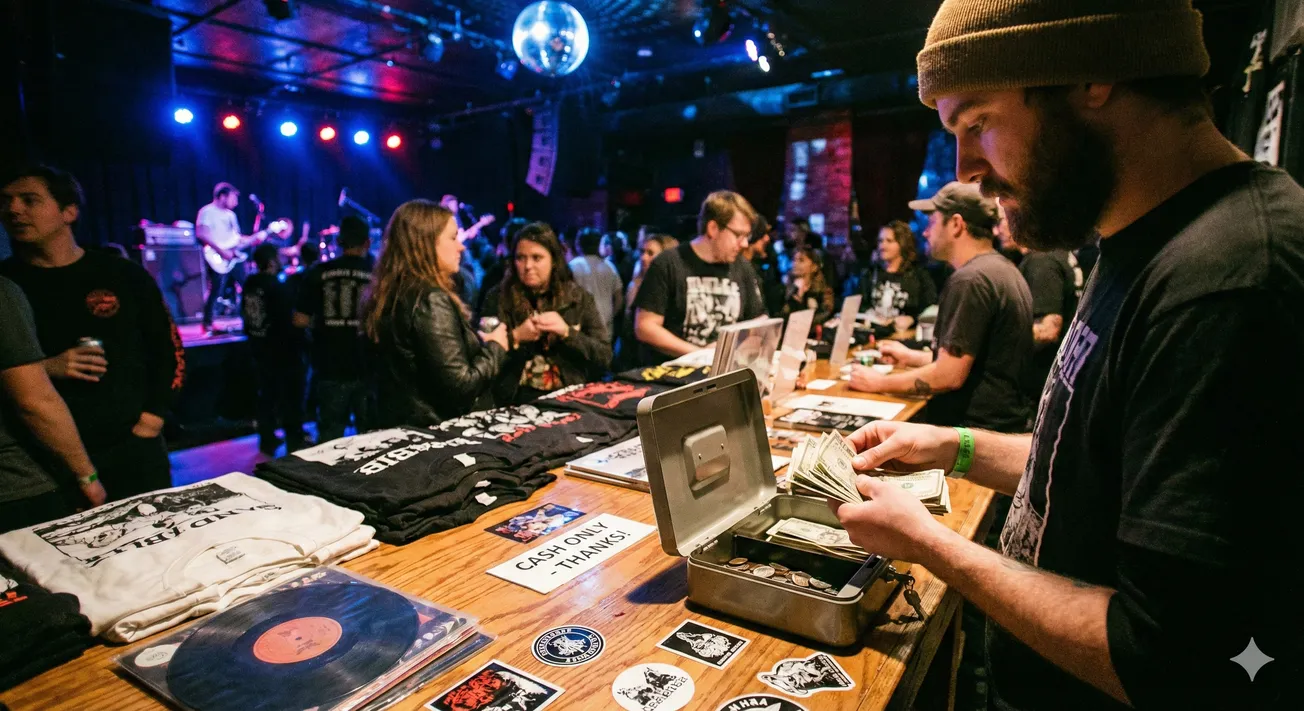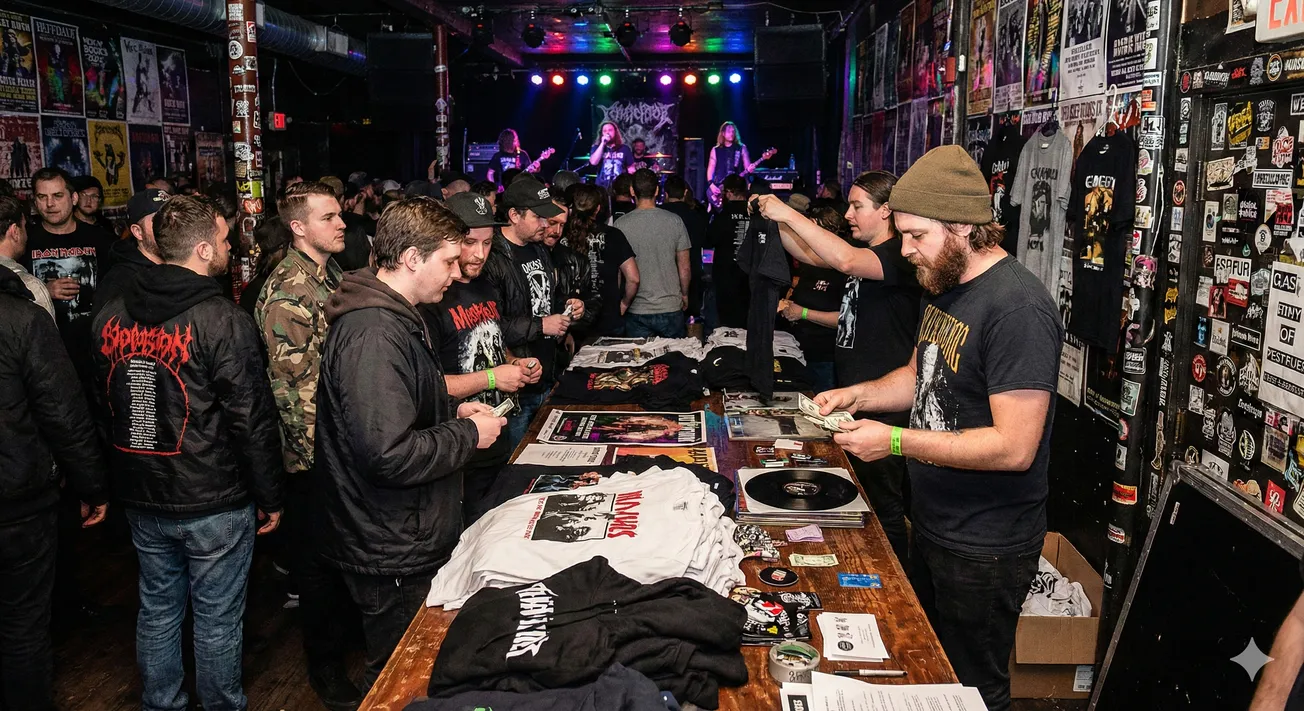The cover of a recent issue of Rolling Stone Magazine featured a relatively unknown band called The Sheepdogs. They found themselves there by way of a competition, beating out numerous other acts to be selected as the cover stars.
A few days after Rolling Stone landed in my physical inbox, I wondered what impact this would have on the bands popularity in this very digital age. So, using the barometer that so many artists and industry people like to use to determine the worth of a band, I started watching the likes for the Sheepdogs Facebook page.
What can a feature on the front of the most regarded and iconic musical magazine get you?
Over the two-week period that this particular issue covered, the band mustered up about 2000 Facebook likes. When I first looked it stood at a little over 10,000, now it stands and just under 12,000.
Is that really the weight that Rolling Stone has in the current market?
If so, it would appear that opinionated music journalism is certainly stumbling if not already dead. Indeed, why rush out to see what Rolling Stone thinks when you can hear it for yourself on Spotify, or see the latest video on Youtube.
The old music industry used to be all about the middleman, but now the age of the middleman has gone. We are now in the age of the middle machine, it is a mechanism that simply connects us with what we want, sure it can be programmed to make suggestions based on our activities, but on the whole, we expect to search for something, and have it delivered instantly.
From an artists point of view this can be very demoralizing, the holy grail of landing a record deal is quickly vanishing. Those in the industry with the weight to bring you to the forefront of the scene are seeing their outlets disappear and become irrelevant. This destroys the romanticism of being discovered playing to a handful of people in a small bar.
The current age of social connectivity is a mechanism for the people, not for big money business. People share things that connect with them, not things they are told that they should be connecting with. Your music career now hinders on the your ability to be the best of the best, to stand out from the crowd, because once you do that, the people will do the work for you.
The Sheepdog issue of Rolling Stone stands testament to the fact that the days of manufacturing Rock stars are numbered. The Major labels try and get a piece of whatever emerges in the new industry, however, unless they realize that manufacturing artists is what is killing the value of music, they will never recover from the pit they have created for themselves.




